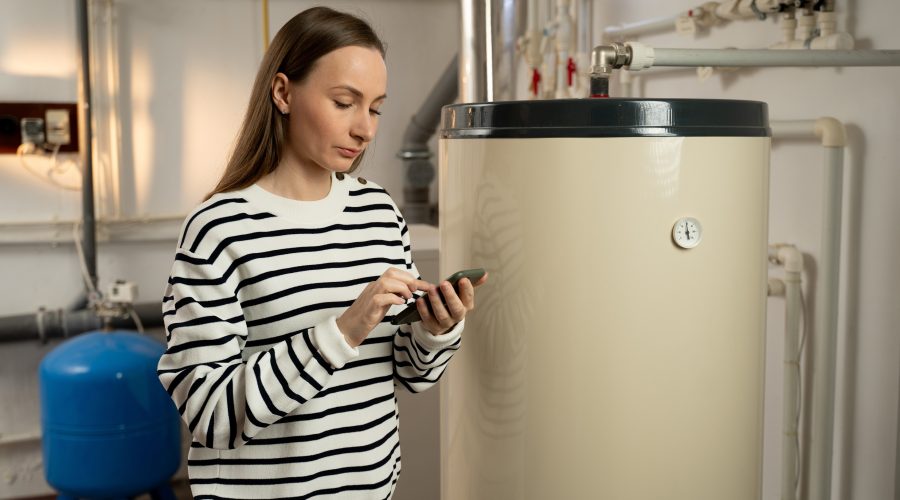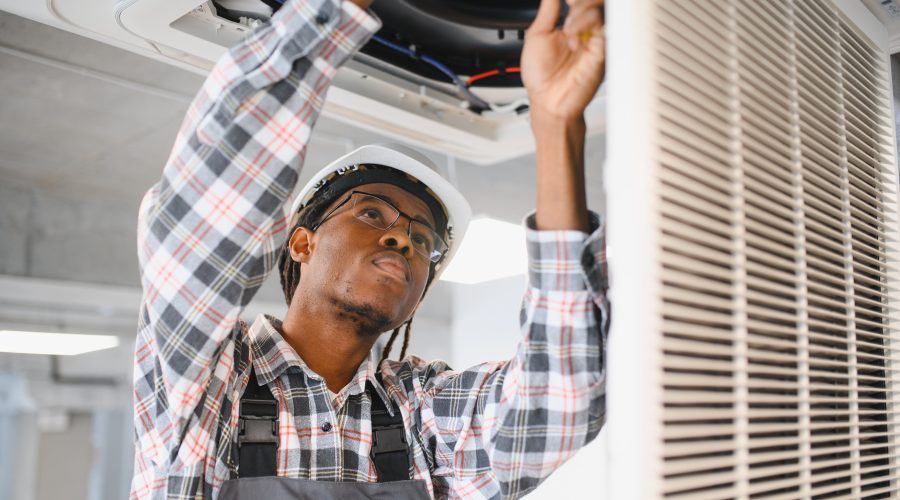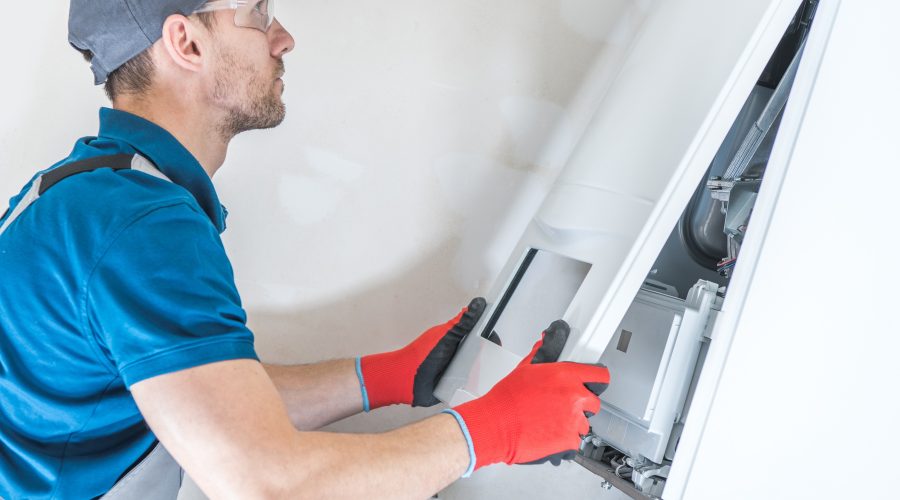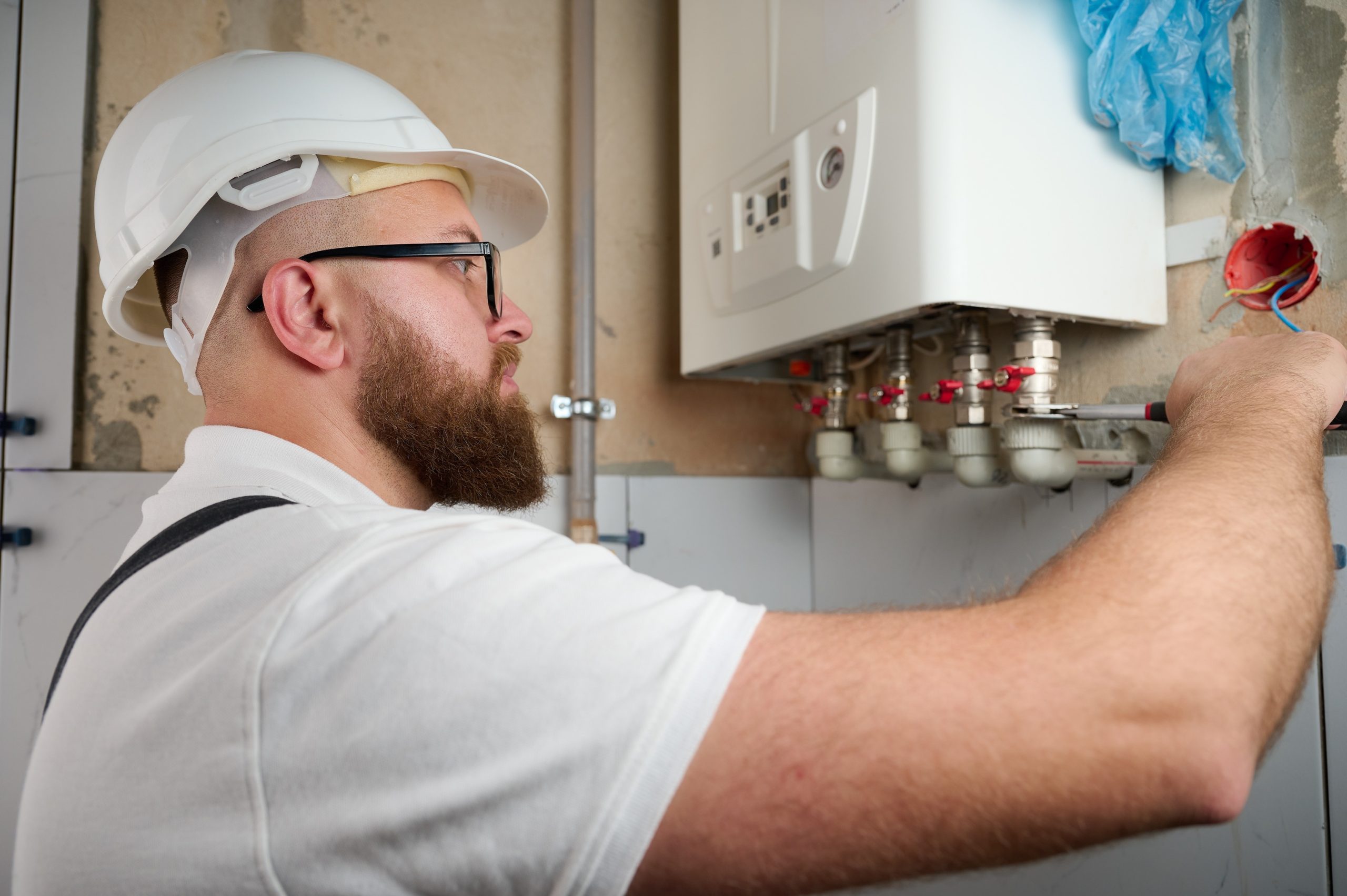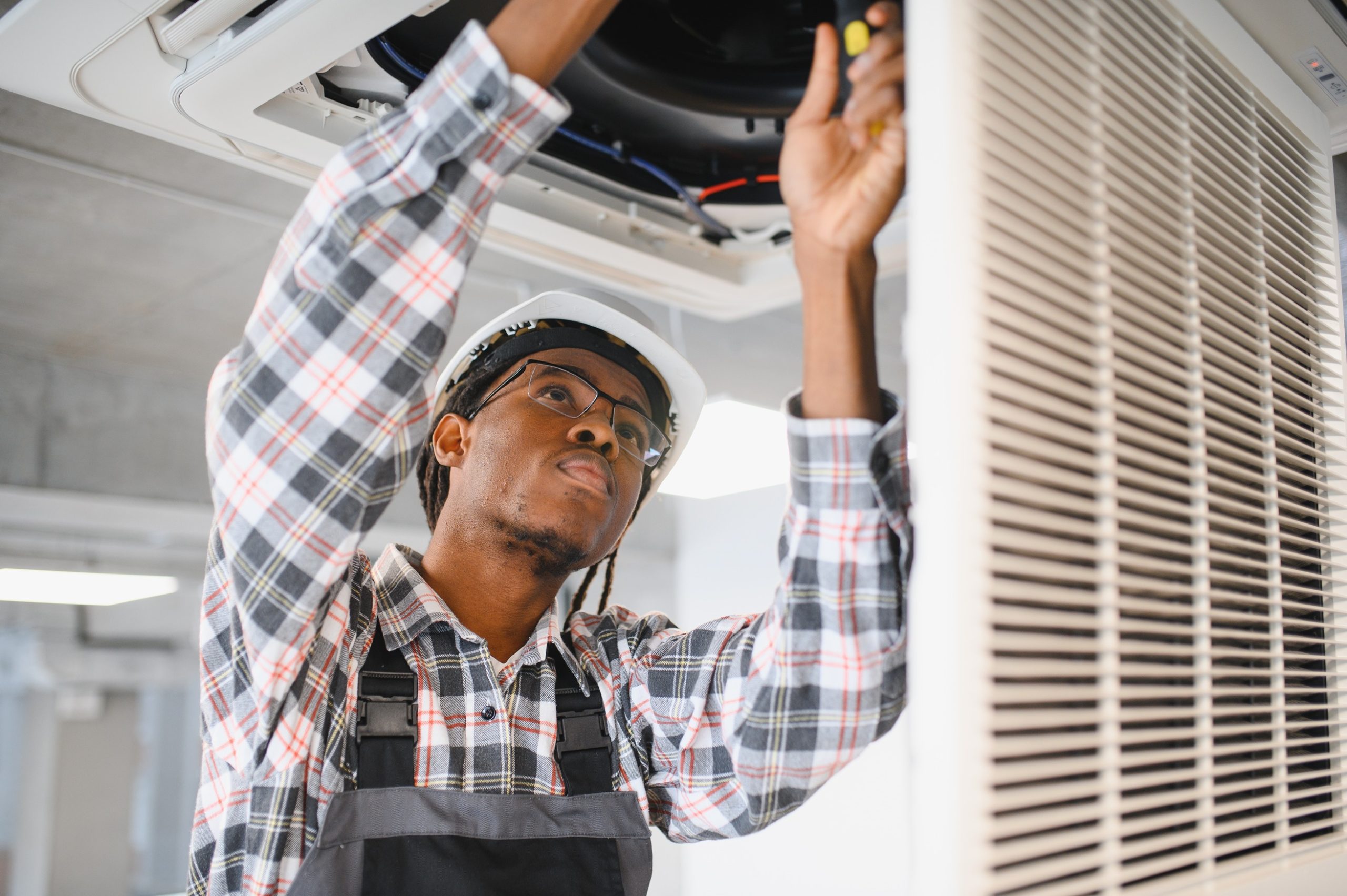There’s nothing quite as uncomfortable—or frustrating—as sitting in your home, bundled under blankets, watching your breath in the air, and waiting for your heating system to kick in. Winters in Anne Arundel County can be brutal, and when your HVAC system stops working, the chill in the air becomes impossible to ignore.
No one should have to endure the discomfort of a home without heat. In this blog, we’ll talk about common HVAC problems that can leave you in the cold, how Fresh Air Concepts can help, and what steps you can take to stay cozy all season long.
Why Losing Heat is More Than Just an Inconvenience
When your heating system fails, the problems extend far beyond discomfort. A cold home can quickly lead to bigger issues:
- Health Risks: Prolonged exposure to cold temperatures can be dangerous, especially for children, the elderly, or anyone with pre-existing health conditions.
- Frozen Pipes: Without adequate heat, the water in your pipes can freeze, leading to costly repairs and potential water damage.
- Energy Waste: Struggling systems use more energy to attempt to heat your home, leading to higher utility bills without the comfort you need.
It’s clear: when your heating system is on the fritz, you need a solution—and fast.
What’s Keeping Your Home Cold? Common HVAC Problems
When your home is stuck in the cold, it’s often because of one or more common HVAC issues. Knowing what to look for can help you catch problems early and avoid more significant repairs later.
1. A Thermostat That Won’t Cooperate
Your thermostat is the brain of your HVAC system. If it’s not communicating with your heater properly, your home may feel like the Arctic Circle.
2. Clogged Air Filters
Pet dander, dust, and other debris can clog your air filter, restricting airflow and forcing your system to work harder than it should.
3. Ignition or Pilot Light Problems
If your heating system relies on an ignition system or pilot light, any malfunction can leave your system unable to generate heat.
4. Heat Exchanger Issues
Cracks or wear in the heat exchanger can cause your system to break down entirely, leaving your home in the cold.
5. A Lack of Maintenance
Regular HVAC maintenance is key to preventing breakdowns. Without it, small issues can spiral into major repairs.
How Fresh Air Concepts Can Help
When your heat fails, you need more than just a quick fix—you need a team you can trust. At Fresh Air Concepts, we pride ourselves on delivering fast, reliable HVAC repair services that restore warmth to your home when you need it most.
Here’s how we make it happen:
Fast Response Times
We understand that waiting days for heating repairs isn’t an option. That’s why we prioritize prompt service to get your system up and running as quickly as possible.
Expert Diagnostics
Our team of skilled HVAC technicians has the experience and tools needed to pinpoint the problem fast. No guesswork—just effective solutions.
Transparent Repairs
We believe in honesty. Once we identify the issue, we’ll explain your options, so you can make an informed decision about your repair.
Stay Ahead of the Cold: Tips for Preventing Heating Failures
The best way to stay warm all winter is to prevent heating problems before they start. Here are a few tips:
- Change Your Filters Regularly: Dirty filters force your HVAC system to work harder, increasing the risk of failure.
- Watch for Warning Signs: If your system is making strange noises, cycling on and off frequently, or struggling to maintain your desired temperature, it’s time to call for service.
- Schedule Regular Maintenance: Annual tune-ups can catch small issues before they turn into costly repairs.
Don’t Get Stuck in the Cold This Winter
Imagine walking into your home on a chilly winter day and being greeted by a rush of warm air. With Fresh Air Concepts, you can enjoy that feeling all season long.
If your HVAC system isn’t performing as it should—or if you just want to make sure it’s ready for the months ahead—schedule a repair or maintenance appointment with our team today. We’ll ensure your home stays warm and comfortable, no matter how cold it gets outside.
📞 Call Fresh Air Concepts today and let us bring the heat back into your home!



